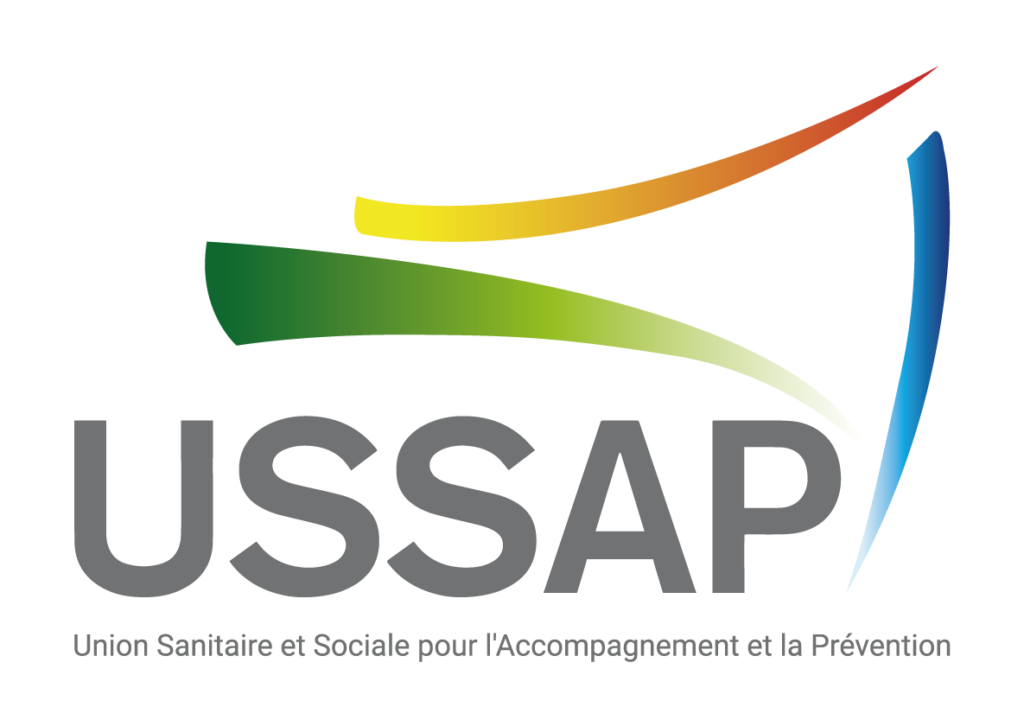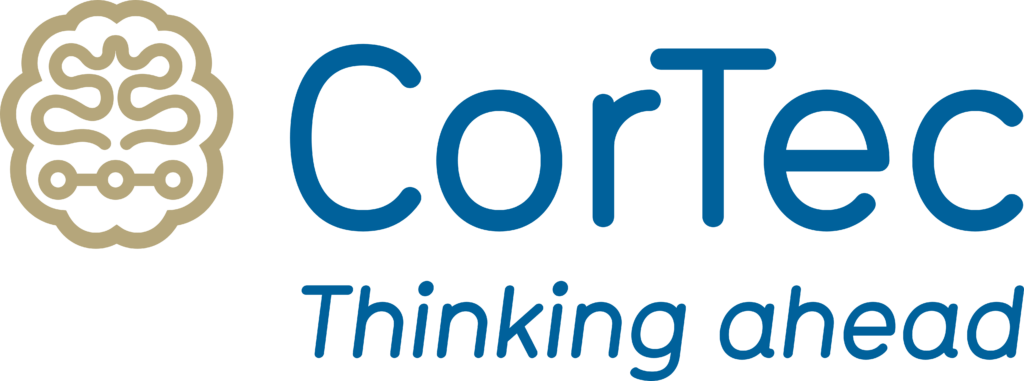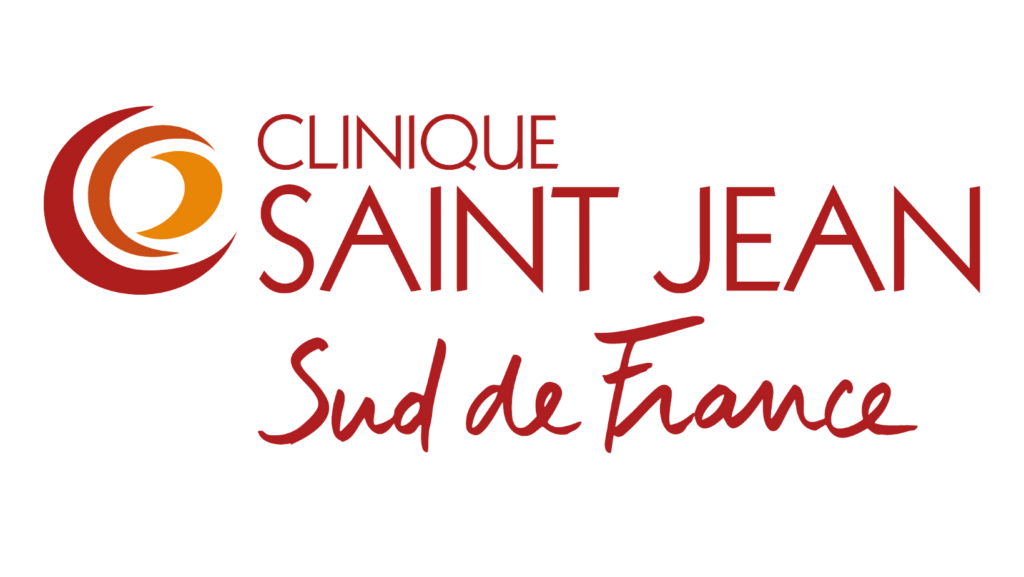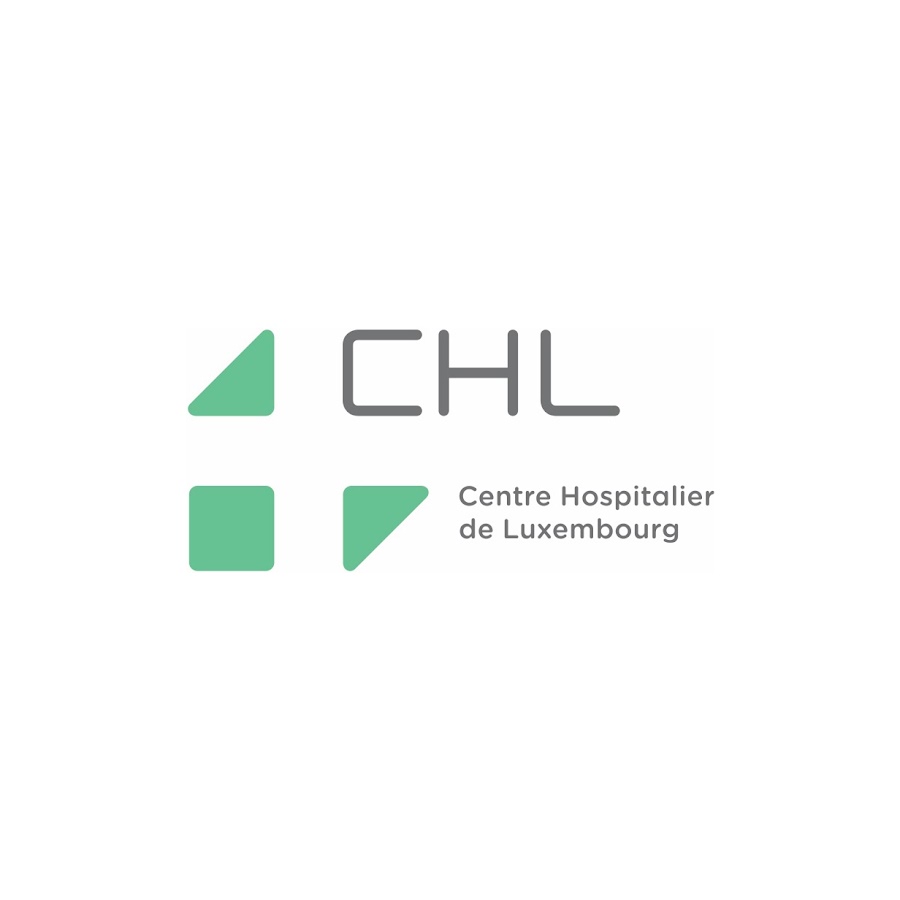

The consortium is composed of 6 European partners:

INRIA (Montpellier, France) is the project coordinator. INRIA is the french National Institute for Research in Digital Science and Technology. The project is coordinated by Christine Azevedo, a Senior Research Scientist in Movement automatic-control and robotics. Christine is leading the CAMIN team (Control of Artificial Movement & Intuitive Neuroprosthesis) of the Inria Centre at Université Côte d’Azur.

NEURINNOV (Montpellier, France) is a developer of advanced neurostimulation solutions for a broad spectrum of pathologies, aiming to enable patients living with complete spinal cord injury to regain hand grasping functions and greater autonomy. Neurinnov is addressing an unmet need in underserved populations, where every year an estimated 22 million people suffer from spinal cord injury, with 2.5 million resulting in paralysis. The company is perfecting a nerve stimulation implantable device that can induce selective activation of targeted muscles by steering electrical currents exclusively through one or set of nerves. This solution will demonstrate how patients with complete tetraplegia could perform everyday functions.

Centre Bouffard-Vercelli USSAP (Perpignan, France) is a rehabilitation center member of the French health and social union for support and prevention. The team is leaded by Dr Charles Fattal (MD Physical Medicine). Since 2021, this unified nonprofit organization provides a wide range of services, including psychiatry, rehabilitation, disability care for children and adults, addiction treatment, and elderly care. USSAP is dedicated to supporting the development and integration of disabled and elderly individuals, prioritizing continuous care and support and constantly improving service quality to meet the evolving needs of the population.

Rehazenter (Luxemburg), officially known as the “Centre National de Rééducation Fonctionnelle et de Réadaptation”, is designed to improve the quality of life of its patients with respect and expertise. The Centre is equipped with modern facilities including therapy rooms, hospitalization units, a pool, a gym, outdoor areas, an auditorium, and accommodation options for both inpatients and outpatients, underscoring its commitment to multidisciplinary care. The competences of the RehaLAB related to clinical trials, rehabilitation of neurological diseases using intensive programs and innovative technologies, are relevant for the AI-HAND project.

The Albert-Ludwigs-Universitaet Freiburg (Germany) with its Laboratory for Biomedical Microtechnology. IMTEK is one of the world’s largest academic institutions in this field, and the team is led by Prof. Dr.-Ing. Thomas Stieglitz, who contributes with his expertise on flexible neural electrode and implant development. The laboratory is run under an ISO 13485 quality management system and focus on reliability and longevity of neural implants.

CorTec neuro (Freiburg, Germany), was founded in 2011 to develop a novel implantable system to treat neurological conditions. Passionate about providing new perspectives on the treatment of neurological diseases, CorTec neuro provides solutions for the communication with the nervous system – to enable customers to develop novel and effective medical devices. By collaborating at the interface of biology and technology, the company is devoted to delivering the finest solutions for researchers, industry, clinicians, and patients, making an impact on peoples’ lives. More information on their LinkedIn account and e-mail addresses: Info@cortec-neuro.com for general information; sales@cortec-neuro.com for product inquiries.
Three external partners are also involved in the project:

Clinique St Jean Orthosud (Montpellier, France), led by Drs Jacques Teissier and Benjamin Degeorge orthopaedic surgeons, brings together 14 orthopedic and neurosurgeons specializing in four areas: shoulder – hand, hip – knee, foot – ankle, and spine. With 10 years of experience, 14 practitioners, 7 hyper-specialties, and over 90,000 patients operated on, it provides comprehensive care and optimal treatment for all musculoskeletal conditions.

CH Luxembourg (Luxembourg), the National Neurosurgery Service at the Centre Hospitalier de Luxembourg treats patients with conditions affecting the brain, spinal column, and peripheral nervous system that require surgical intervention. The service is dedicated to providing specialized and comprehensive care for these complex neurological disorders, and Dr Frank Hertel is collaborating with project partners.
- CHU Rennes (Rennes, France), Dr Antoine Geffrier is an orthopaedic surgeon and traumatologist collaborating with project partners.




